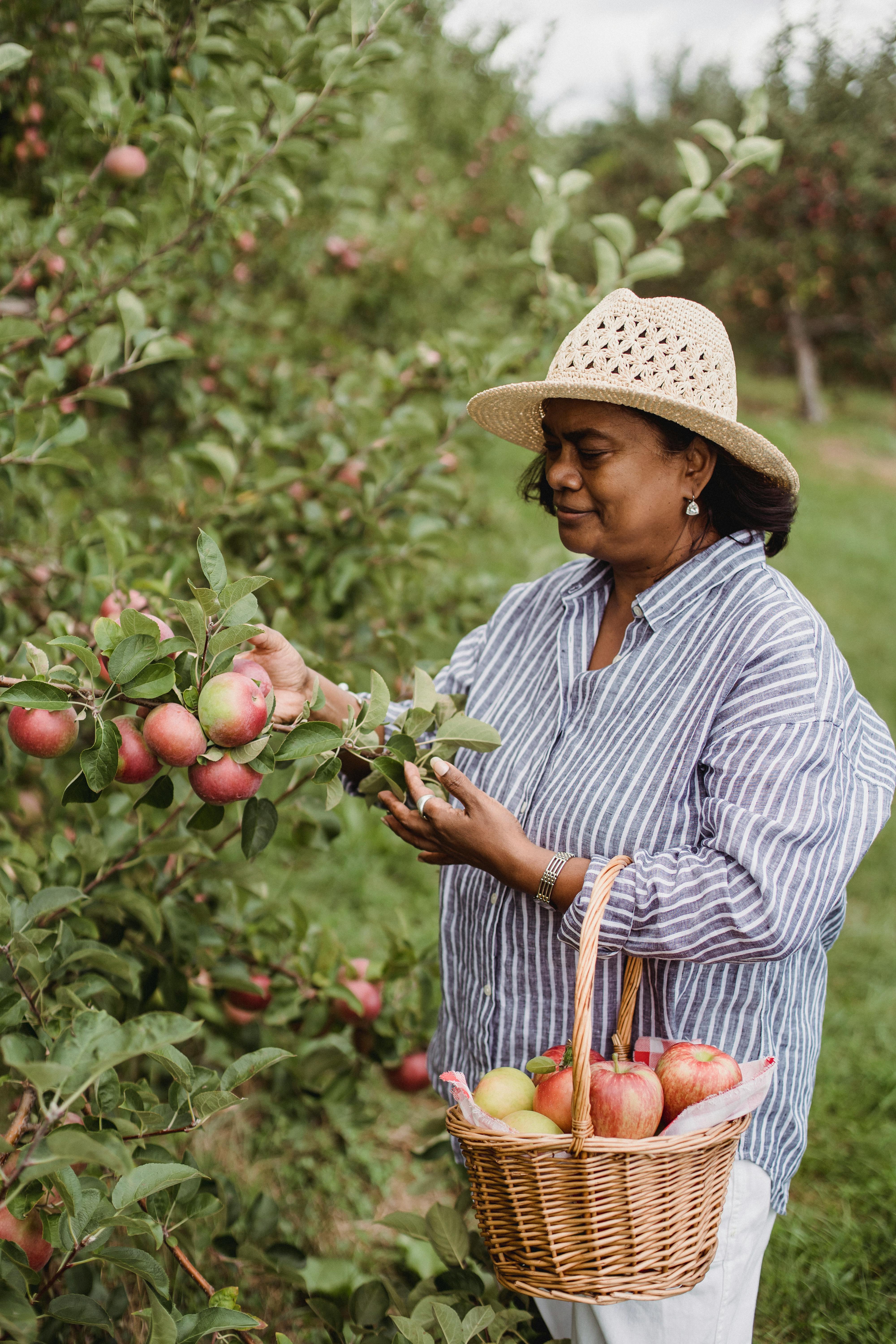If you’re a coffee lover and a gardening enthusiast, you might have wondered if there’s a way to merge your two passions. Well, we’ve got good news for you! In this article, we explore the fascinating relationship between marigolds and coffee grounds. Can these cheerful blooms thrive when paired with the rich, dark remnants of your morning brew? Join us as we uncover the truth behind this horticultural rumor and discover whether marigolds truly have a taste for coffee grounds. So, grab a cup of joe and let’s dig in!

Benefits of Using Coffee Grounds for Marigolds
Improving Soil Quality
Using coffee grounds as a fertilizer for marigolds can significantly improve the quality of the soil. Coffee grounds are rich in organic matter, which helps to enhance the soil structure. When added to the soil, coffee grounds help to improve its drainage and aeration, allowing the roots of the marigold plants to access oxygen and nutrients more easily. Additionally, the organic matter in coffee grounds can help to increase the water-holding capacity of the soil, ensuring that the marigolds receive adequate moisture.
Enriching Nutrient Content
Coffee grounds are an excellent source of essential nutrients for marigolds. They contain significant amounts of nitrogen, phosphorus, and potassium, which are essential for the healthy growth and development of plants. Nitrogen promotes leaf and stem growth, while phosphorus aids in root development and flower production. Potassium, on the other hand, helps with overall plant vigor and disease resistance. By incorporating coffee grounds into the soil, marigolds can benefit from these nutrient-rich additives.
Enhancing Plant Growth
The use of coffee grounds as a natural fertilizer can stimulate the growth and overall health of marigolds. The nitrogen and other nutrients present in coffee grounds promote strong, vibrant foliage and abundant flower production. Marigolds grown in soil enriched with coffee grounds have been observed to have longer stems, larger blooms, and more intense colors. The enhanced growth and vitality of marigolds can create a more visually appealing and flourishing garden.
Coffee Grounds as a Natural Fertilizer
Nitrogen-Rich Additives
One of the key benefits of using coffee grounds as a fertilizer for marigolds is their rich nitrogen content. Nitrogen is an essential nutrient for plant growth, as it is needed for chlorophyll production and the formation of proteins. Coffee grounds provide a slow-release source of nitrogen, ensuring that marigolds receive a steady supply of this vital nutrient over an extended period. This steady release of nitrogen promotes healthy plant growth while minimizing the risk of nutrient leaching.
Slow Release of Nutrients
Coffee grounds act as slow-release fertilizers, providing a gradual and sustained release of nutrients to the marigold plants. This slow release is beneficial, as it prevents excessive nutrient leaching and reduces the risk of nutrient imbalances in the soil. The gradual release of nutrients from coffee grounds ensures that marigolds receive a steady supply of essential elements as they need them, resulting in consistent and even growth.
Improving Soil Structure
In addition to providing essential nutrients, coffee grounds can improve the structure of the soil in which marigolds are grown. The organic matter present in coffee grounds helps to improve soil aggregation and promote the formation of stable soil aggregates. These aggregates create pore spaces in the soil, allowing for better water infiltration, root penetration, and air circulation. The improved soil structure resulting from the addition of coffee grounds creates a favorable environment for marigold root development and overall plant growth.

Using Coffee Grounds as Mulch for Marigolds
Suppressing Weed Growth
When used as mulch around marigold plants, coffee grounds can help suppress weed growth. Coffee grounds act as a natural weed inhibitor by blocking sunlight and preventing weed seeds from germinating. This weed-suppressing effect reduces the competition for resources, such as water and nutrients, allowing the marigolds to thrive and grow without interference from unwanted plants.
Conserving Soil Moisture
Mulching with coffee grounds can help conserve soil moisture for marigolds. The layer of coffee grounds acts as a barrier, reducing evaporation and preventing water loss from the soil surface. This moisture conservation is especially crucial during hot and dry periods when water availability may be limited. By retaining moisture in the soil, coffee ground mulch ensures that marigolds have a constant supply of water, promoting healthy growth and reducing the risk of drought stress.
Preventing Soil Erosion
Coffee grounds used as mulch can also help prevent soil erosion around marigold plants. The loose and fibrous nature of coffee grounds creates a protective layer that helps to hold the soil in place, reducing the risk of erosion caused by wind and water. This erosion prevention is particularly important for marigolds, as they often have shallow root systems that are vulnerable to soil disturbance. By using coffee grounds as mulch, gardeners can safeguard the soil around their marigolds and maintain the stability of the growing environment.
Considerations When Using Coffee Grounds for Marigolds
Acidity and pH Levels
Coffee grounds are moderately acidic, with a pH ranging from 6.0 to 6.8. While this acidity can be beneficial for certain plants, including marigolds, it is essential to consider the existing pH levels of the soil before adding coffee grounds as a fertilizer or mulch. Marigolds generally prefer a slightly acidic to neutral soil pH, so if the soil is already acidic or the marigolds are showing signs of pH-related issues, it may be necessary to monitor the acidity levels or adjust them accordingly.
Quantity and Frequency
When using coffee grounds as a fertilizer or mulch for marigolds, it is essential to consider the quantity and frequency of application. While coffee grounds can be beneficial to plants, excessive use can lead to nutrient imbalances and adversely affect plant growth. As a general guideline, it is recommended to use coffee grounds in moderation and to incorporate them into the soil or apply them as a thin layer of mulch. Monitoring the response of the marigolds and adjusting the application accordingly is crucial for achieving optimal results.
Composting Coffee Grounds
Composting coffee grounds before using them for marigolds can enhance their benefits and mitigate potential risks. The composting process helps to break down the coffee grounds, making the nutrients more readily available to plants and reducing the risk of nutrient imbalances. Composted coffee grounds also have a reduced acidity level, making them safer to use for marigolds with more neutral soil requirements. Composting coffee grounds along with other organic matter, such as leaves and kitchen scraps, can result in a nutrient-rich compost that can be added to the soil or applied as mulch for marigolds.

Potential Risks and Precautions
Possible Toxicity to Marigolds
While coffee grounds can provide numerous benefits to marigolds, there is a possibility of toxicity if used in excessive amounts or in poorly drained soil. High levels of certain compounds found in coffee grounds, such as caffeine and tannins, can be detrimental to plants if not properly balanced. Signs of coffee ground toxicity in marigolds may include leaf discoloration, stunted growth, or wilting. To prevent this, it is crucial to use coffee grounds in moderation and monitor the marigolds for any adverse reactions.
Avoiding Excessive Use
As with any fertilizer or mulch, using excessive amounts of coffee grounds can have negative effects on marigold growth. The nutrients present in coffee grounds are released slowly, and applying too much at once can lead to nutrient imbalances and potential toxicity. It is recommended to start with a smaller quantity of coffee grounds and gradually increase the amount if necessary. By monitoring the marigolds’ response and adjusting the application accordingly, gardeners can avoid excessive use and optimize the benefits of coffee grounds.
Testing Grounds before Application
Before applying coffee grounds to the entire marigold garden, it is advisable to conduct a small-scale test to assess the plant’s response. This can involve applying a small amount of coffee grounds to a specific area or a few marigolds and observing their growth and overall health. By testing the grounds before full-scale application, gardeners can ensure that the marigolds tolerate the coffee grounds well and that there are no adverse effects on their growth or appearance.
Tips for Correct Application
Incorporating Grounds into Soil
When using coffee grounds as a fertilizer, it is beneficial to incorporate them into the soil before planting marigolds. Mixing the coffee grounds evenly with the top layer of soil ensures that the nutrients are well-distributed and accessible to the roots of the marigold plants. This method allows the slow release of nutrients to benefit the marigolds throughout their growth cycle, promoting healthy and vigorous growth.
Applying Grounds as Topdressing
For established marigold plants, applying coffee grounds as a topdressing can provide a nutrient boost and help conserve moisture. Gently spread a thin layer of coffee grounds around the base of the plants, taking care not to cover the stems or foliage. This topdressing method acts as a slow-release fertilizer, gradually releasing nutrients to the marigolds, and also aids in weed suppression and moisture retention.
Mixing Coffee Grounds with Other Organic Matter
To maximize the benefits of coffee grounds, they can be mixed with other organic matter before application. Combining coffee grounds with compost, well-rotted manure, or other organic fertilizers can create a nutrient-rich blend that provides a balanced and diverse range of nutrients for marigolds. This mixture can be incorporated into the soil or used as a mulch, depending on the specific needs and preferences of the marigold plants.
Alternatives to Coffee Grounds for Marigolds
Using other Organic Fertilizers
While coffee grounds can be an excellent natural fertilizer for marigolds, there are other organic options that can also provide beneficial nutrients. Organic fertilizers, such as composted animal manure, seaweed extracts, or bone meal, can offer a diverse range of nutrients and can be suitable alternatives to coffee grounds. It is important to consider the nutrient requirements of marigolds and choose a fertilizer that provides the necessary elements in the right proportions.
Exploring Natural Mulching Materials
If coffee grounds are not readily available or suitable for marigolds, there are various natural mulching materials that can serve the same purpose. Organic materials like straw, shredded leaves, wood chips, or grass clippings can be used as mulch around marigold plants. These natural mulches help retain soil moisture, suppress weed growth, and gradually break down, adding organic matter to the soil over time.
Considering Specific Marigold Varieties
Different marigold varieties may have specific preferences when it comes to soil amendments and mulching materials. It is essential to consider the specific variety of marigolds being grown and their specific requirements. Some marigold varieties may prefer slightly acidic soil, making coffee grounds a favorable choice, while others may thrive in neutral to alkaline conditions. By understanding the needs of the marigold variety being grown, gardeners can make informed choices and select the most suitable fertilizers and mulches.
Scientific Studies and Expert Opinions on Coffee Grounds
Research on Coffee Grounds as Plant Fertilizer
Numerous scientific studies have been conducted to explore the potential benefits of coffee grounds as a plant fertilizer. Researchers have found that coffee grounds can improve soil pH, increase organic matter content, and enhance nutrient availability. A study published in the Journal of Applied Horticulture revealed that marigolds treated with coffee grounds showed significant improvements in growth, flower count, and overall vigor compared to untreated plants. These research findings support the use of coffee grounds as a natural fertilizer for marigolds.
Experts’ Recommendations for Marigolds and Coffee Grounds
Gardening experts and horticulturists often recommend using coffee grounds as a fertilizer or mulch for marigolds. They highlight the benefits of coffee grounds in improving soil structure, providing essential nutrients, and promoting overall plant health. However, they also emphasize the importance of moderation and proper application techniques. Experts suggest incorporating coffee grounds into the soil during planting or applying them as a thin layer of mulch, ensuring that the marigolds receive the desired benefits without experiencing any negative effects.
Case Studies and Success Stories
Experiences from Gardeners Using Coffee Grounds
Many gardeners have reported positive experiences when using coffee grounds for their marigolds. They attribute improved plant growth, increased flower production, and vibrant colors to the regular application of coffee grounds. Testimonials from gardeners emphasize the ease of incorporating coffee grounds into their gardening routine and the visible results they have seen in their marigolds. These success stories support the idea that coffee grounds can be a valuable addition to the care and cultivation of marigolds.
Testimonials on Improved Marigold Growth
Additionally, testimonials from gardeners often highlight how coffee grounds have made a noticeable difference in the growth of their marigold plants. Gardeners have reported taller stems, bushier foliage, and an abundance of vibrant blooms in their marigolds after incorporating coffee grounds into their gardening practices. These testimonials provide real-life examples of the benefits that coffee grounds can offer to marigolds and showcase the potential for enhanced growth and visual appeal.
Conclusion
In conclusion, using coffee grounds for marigolds can provide numerous benefits, including improved soil quality, enriched nutrient content, and enhanced plant growth. Coffee grounds act as a natural fertilizer, offering nitrogen-rich additives, slow-release of nutrients, and improved soil structure. They can also be used as mulch, suppressing weed growth, conserving soil moisture, and preventing erosion. However, certain considerations, such as acidity levels and application quantities, should be taken into account for optimal results. It is important to monitor the marigolds’ response, avoid excessive use, and test the grounds before widespread application. Gardeners can also explore alternatives and consider scientific studies, expert recommendations, case studies, and success stories to make informed decisions and achieve thriving marigolds in their garden.
